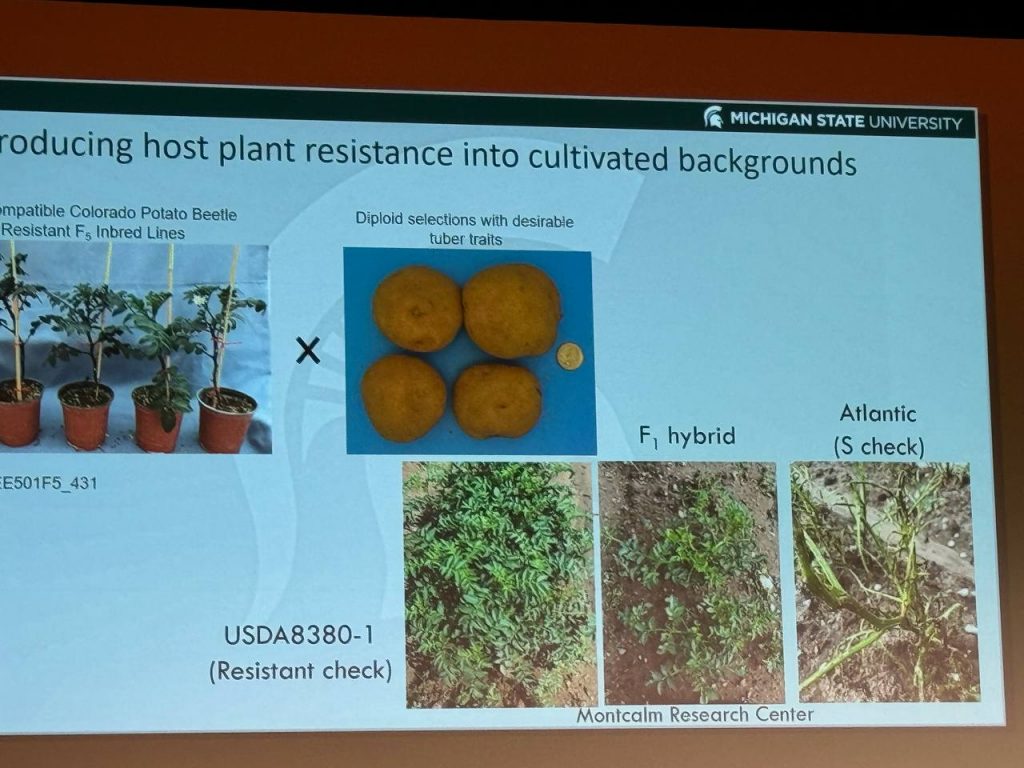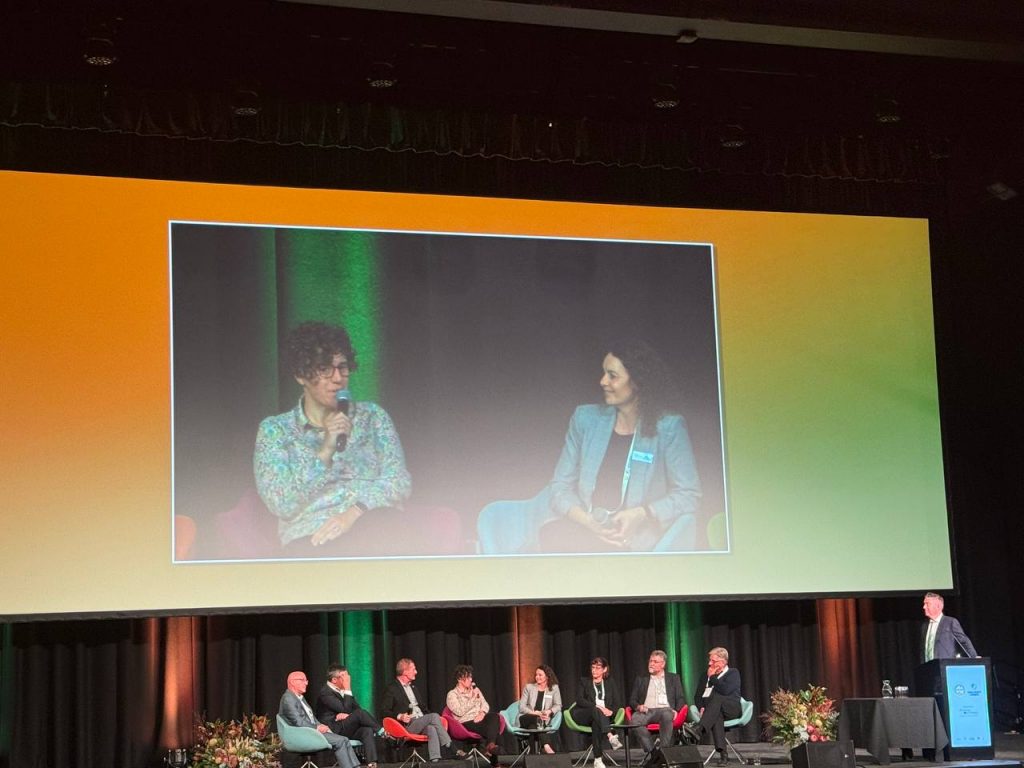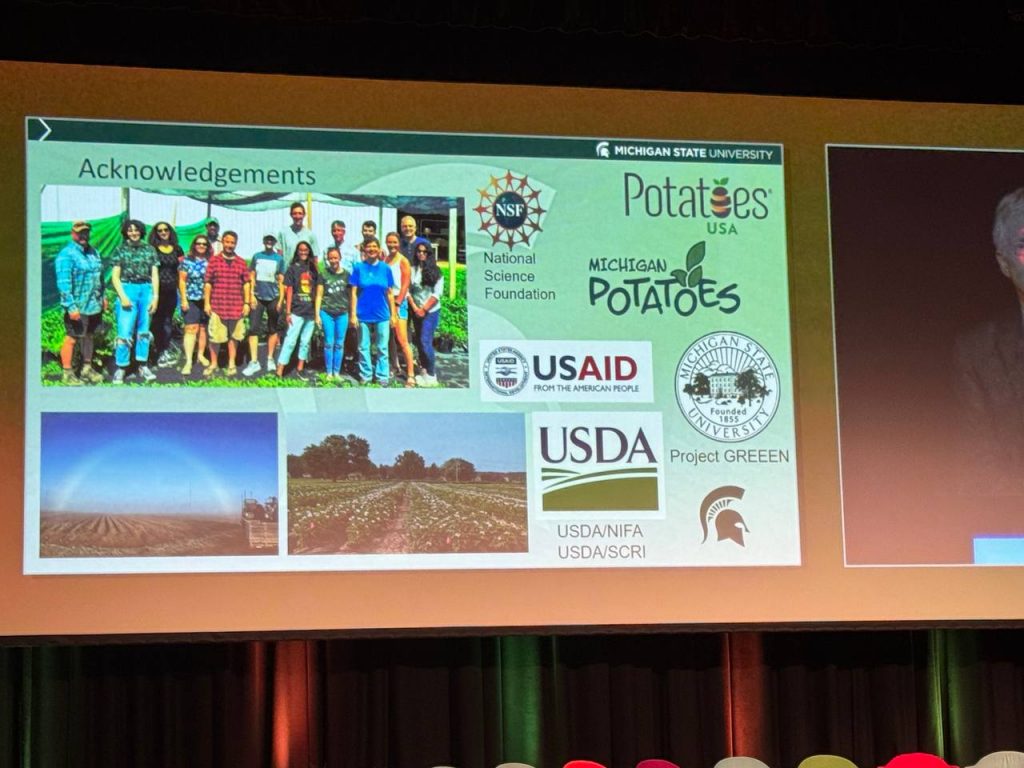Utilizing Genetic Resources to Overcome Global Challenges in Potato Production
The World Potato Congress recently concluded with a compelling discussion led by Dave Douches from Michigan State University on the utilization of genetic resources in potato production. This pivotal discourse underscored the critical challenges and innovative solutions facing the global potato industry.
During his address, Douches highlighted the profound impact of climate change, water resource availability, and the limitations on the use of plant protection products. These issues pose significant threats to potato farmers worldwide, necessitating a collaborative and innovative approach to overcome them.
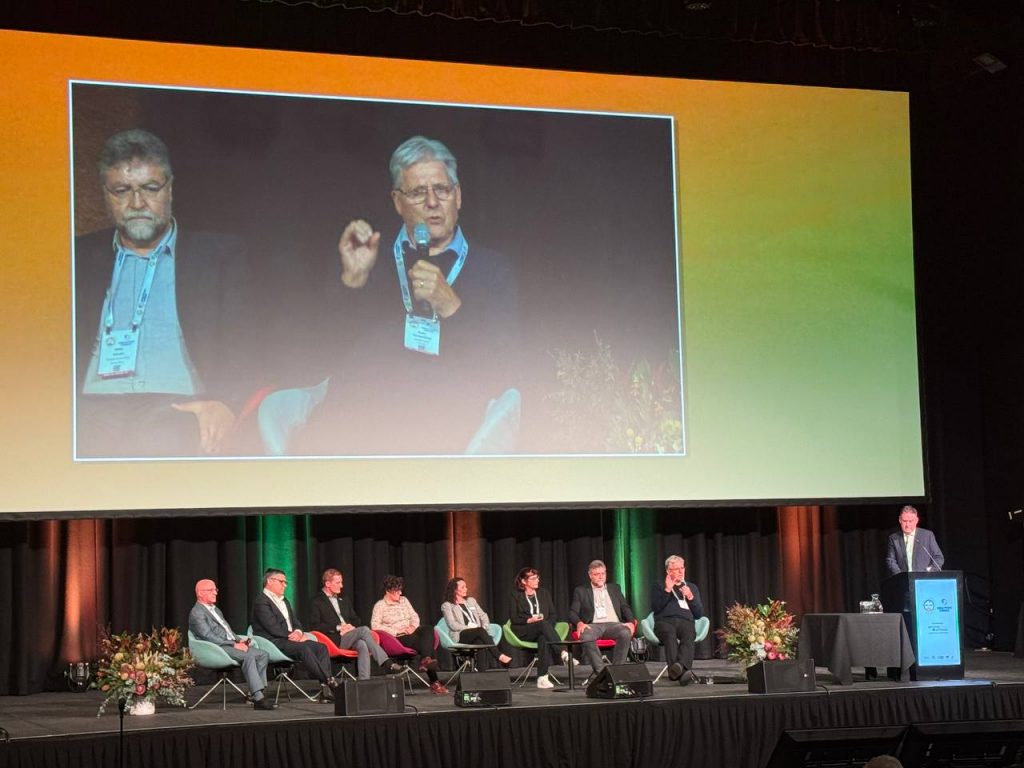
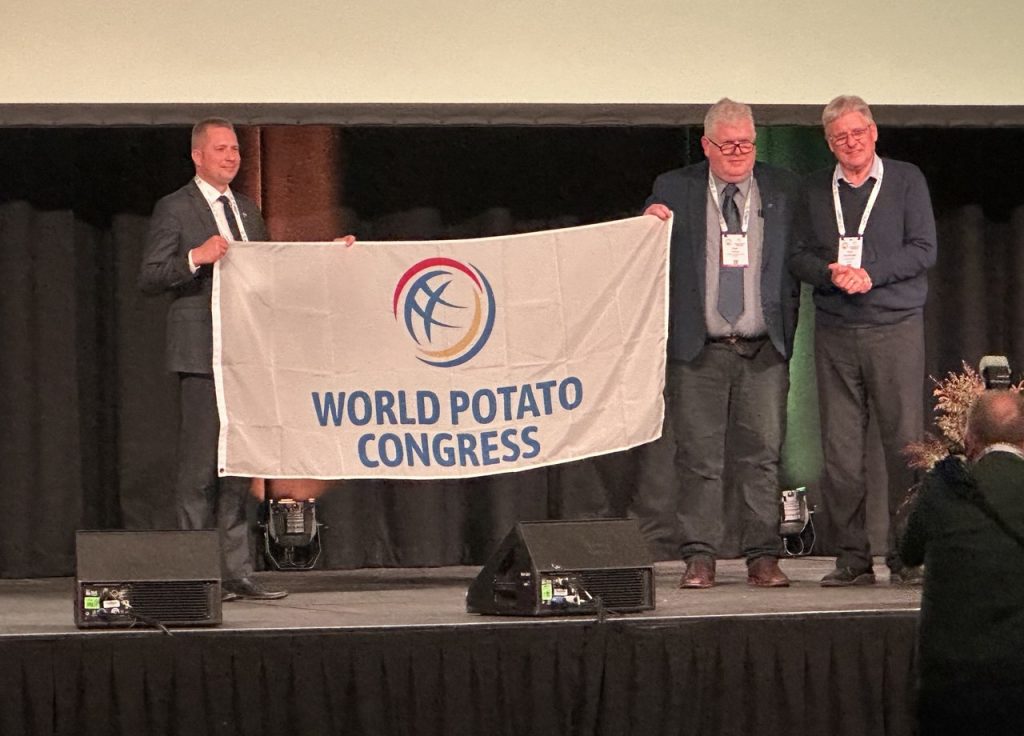
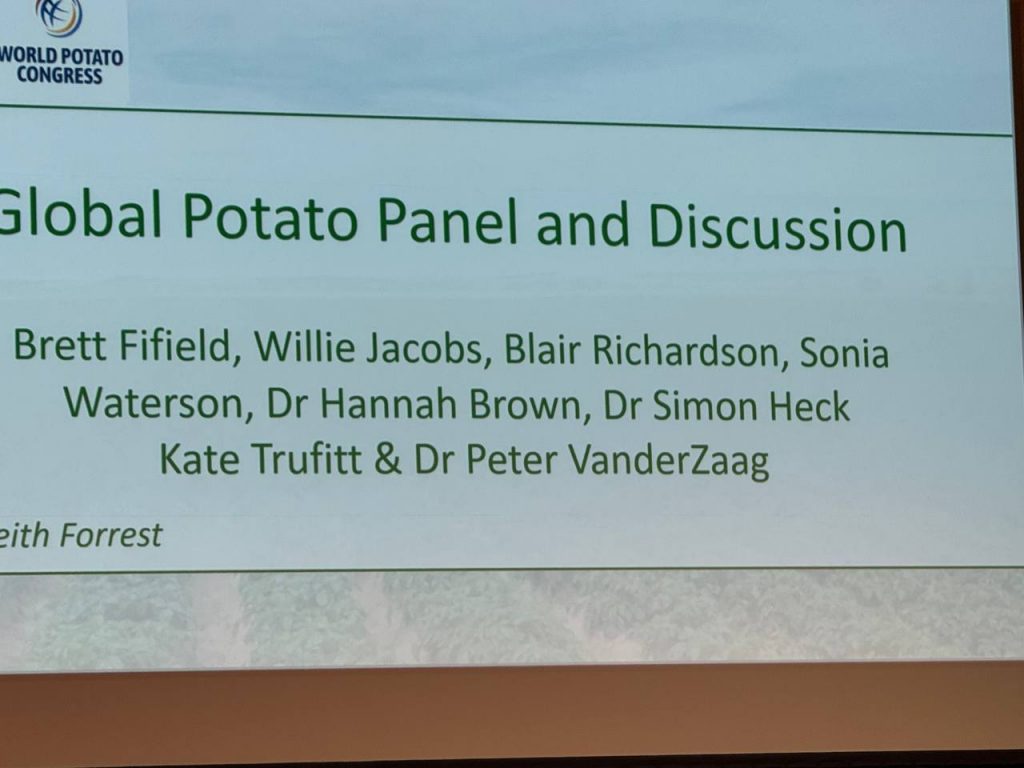
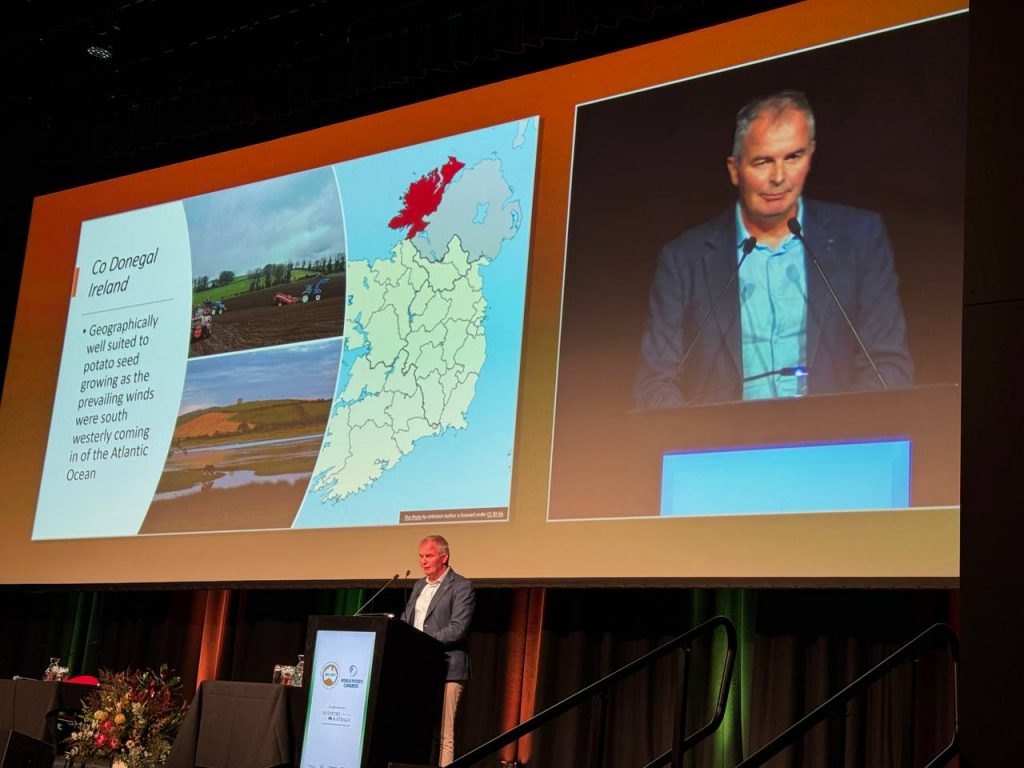
From a New Zealand perspective, the integration of genetic material is essential to stay ahead of pest and disease resistance. The global movement towards new technologies in agriculture must include robust research and development (R&D) initiatives to address common pests and diseases. The International Potato Partnership exemplifies the importance of sharing information, research, and success stories across borders to bolster the industry collectively.
The United States offers a model for successful collaboration through the national processing trial, sponsored by Potatoes USA. This initiative unites breeders, growers, and processors, fostering innovation and introducing new, more resilient potato varieties. Such collaborative efforts have significantly advanced the chip processing industry, demonstrating the potential of cooperative innovation to enhance agricultural practices.
Innovation across the entire value chain is crucial. By involving stakeholders from farmers to marketers, the industry can design research projects with added value for the food industry. This comprehensive approach ensures that all challenges are addressed, and the most effective solutions are implemented. Such collaboration also plays a pivotal role in tackling climate change, emphasizing the shared responsibility across the value chain.
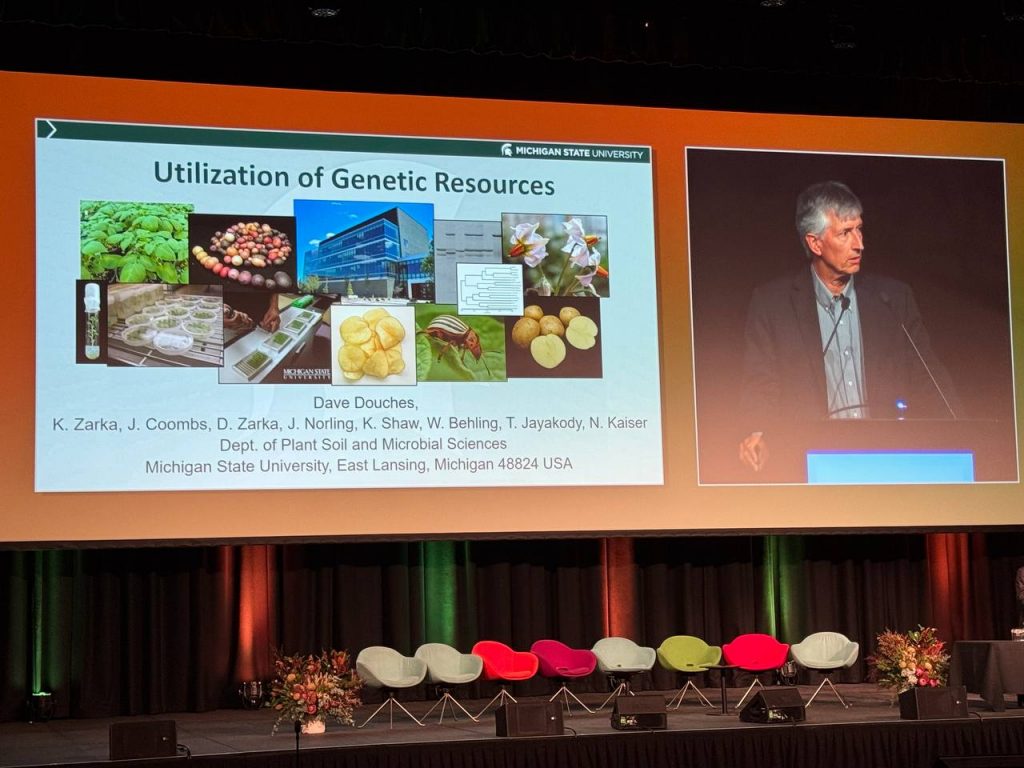
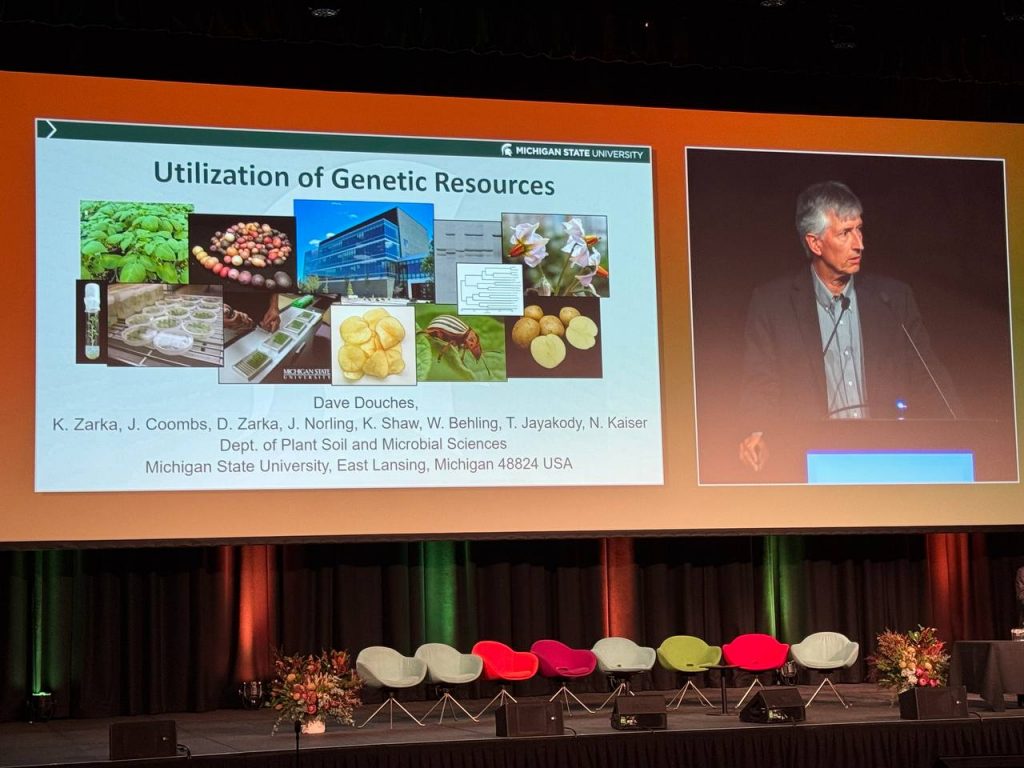
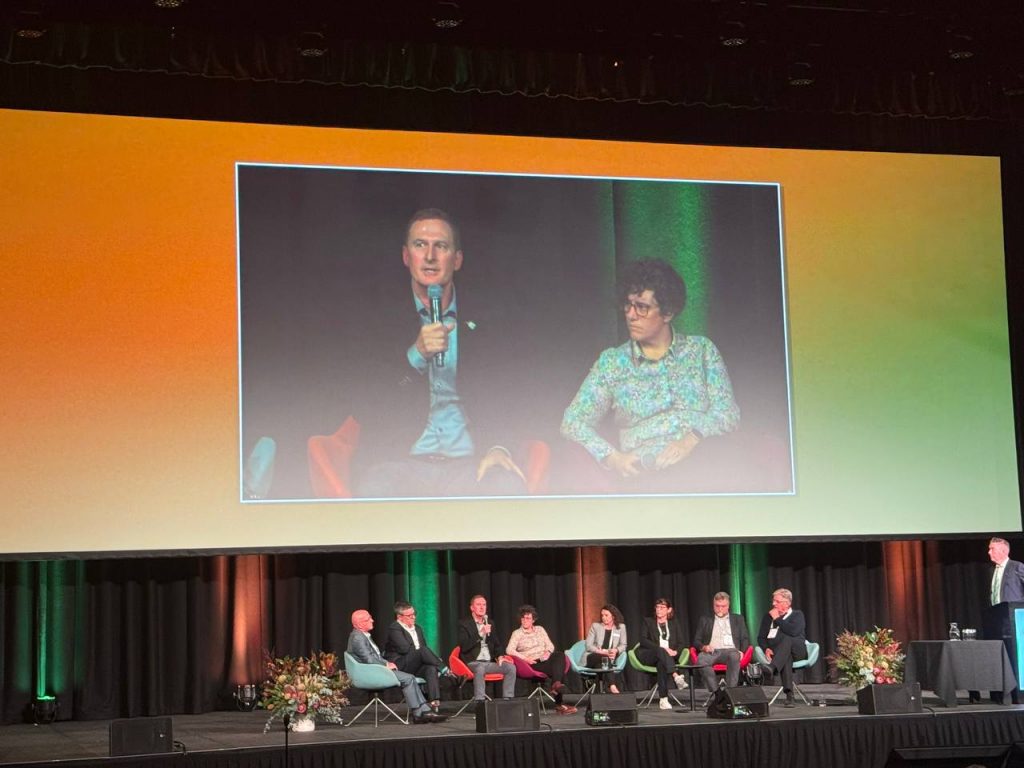
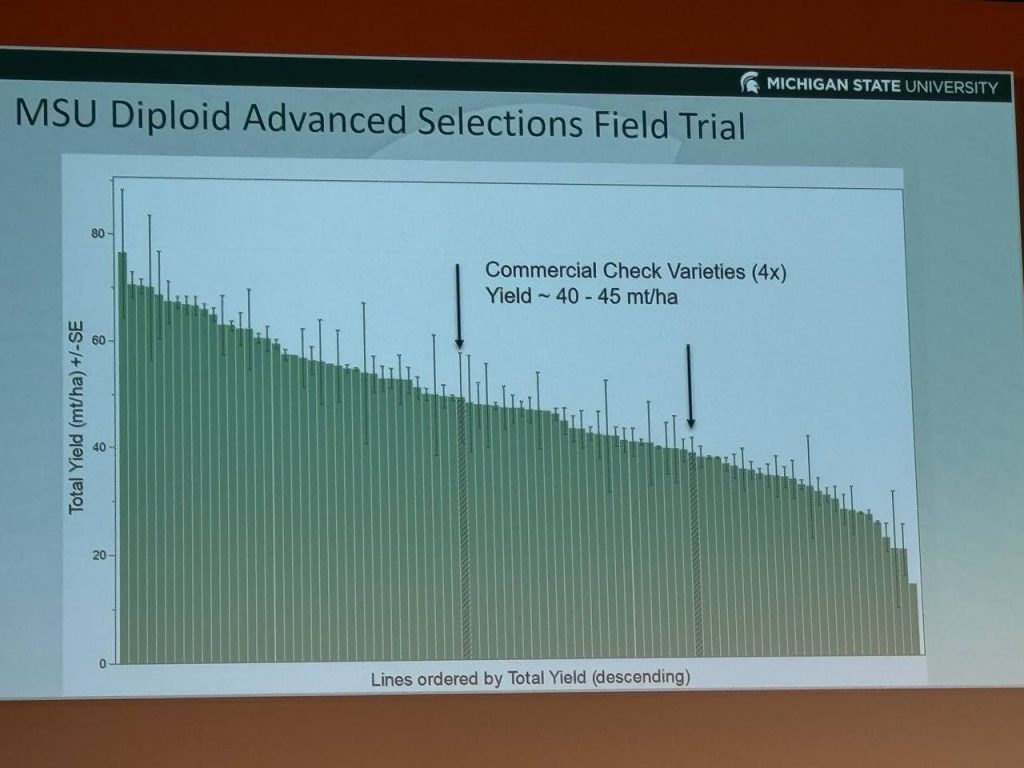
In many countries, the institutional capacity for such dialogue is often weak. Decades of technological advancement and scientific training emphasize the need for investing in institutional infrastructure. The World Potato Congress can play a vital role in fostering national dialogues, bridging gaps between crop development and water management, and learning from successful models in other regions.
The conversation extended to addressing food waste. Collaboration between various sectors, including agriculture and food processing, is necessary to find innovative solutions. By combining efforts, industries can create value-added products from waste, thus reducing food waste and improving economic efficiency.
In conclusion, the World Potato Congress highlighted the need for global cooperation and innovation in addressing the challenges facing the potato industry. By leveraging genetic resources, enhancing institutional capacity, and fostering cross-sector collaboration, the industry can overcome these challenges and ensure a sustainable future for potato production worldwide.
